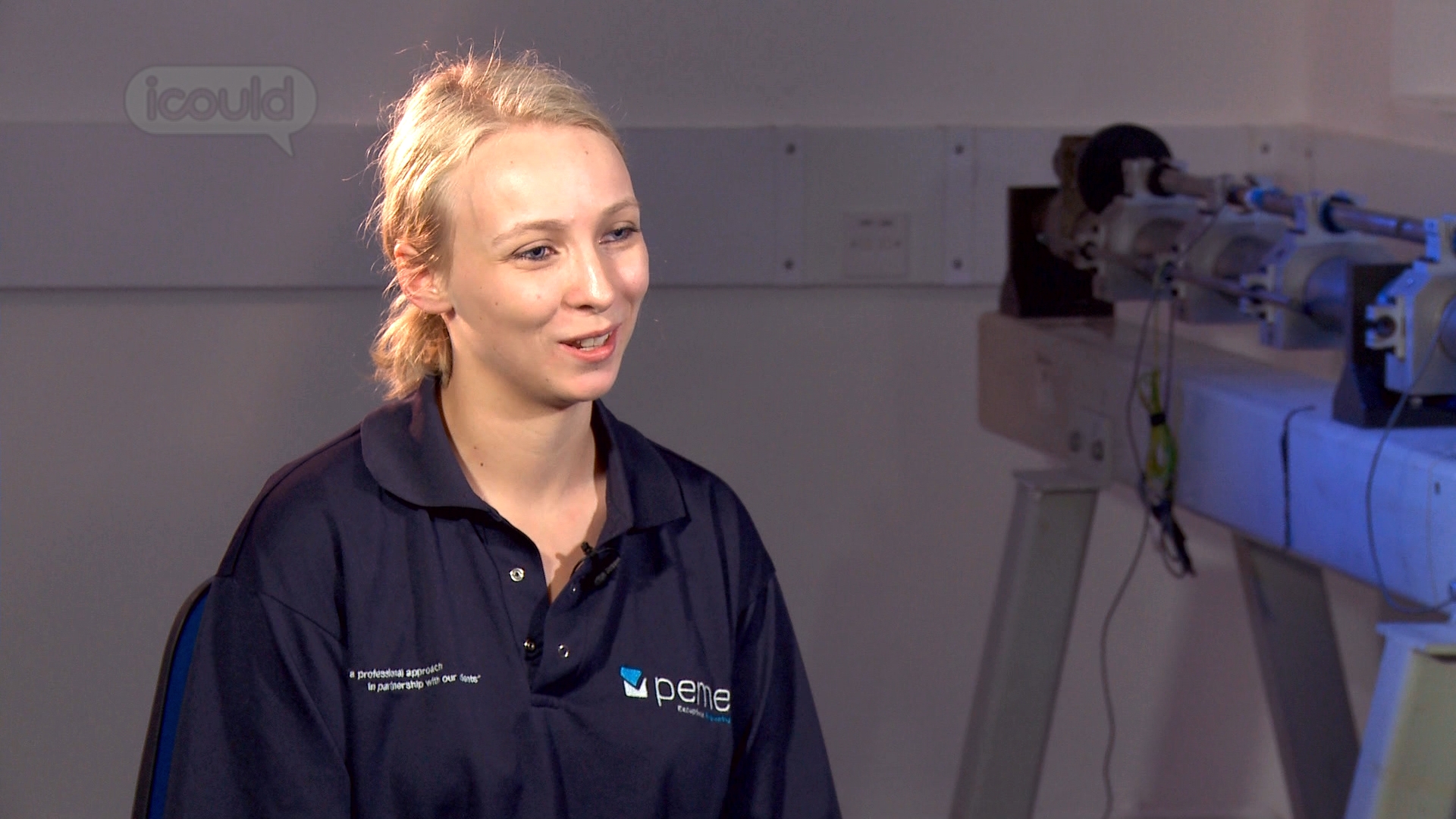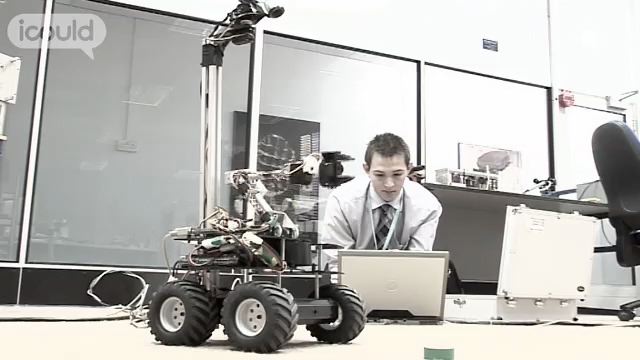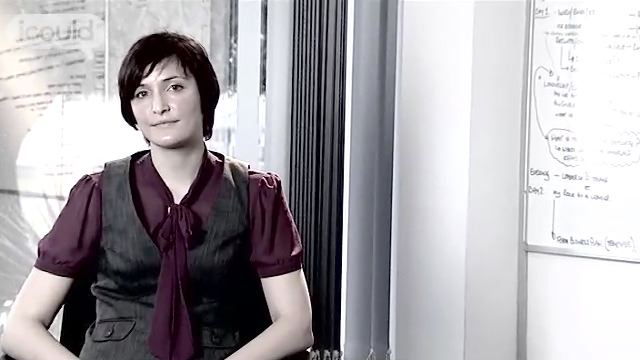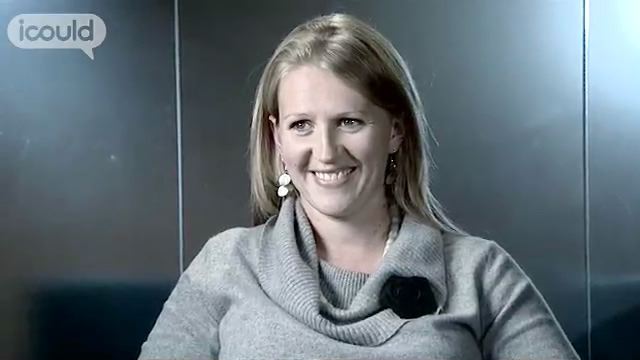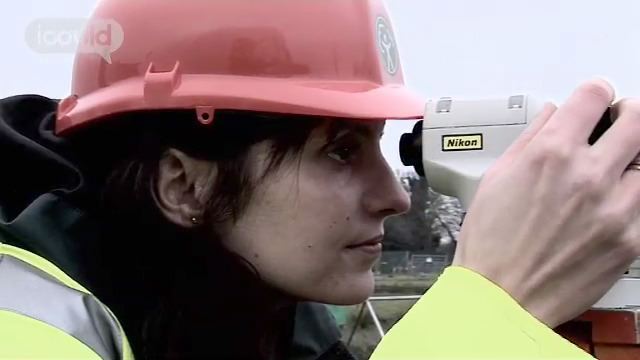Mechanical Engineer
Forestry Commission Scotland
Alan G
00:00:03 I’m a Mechanical Engineer for the Forestry Commission. Basically I work on forestry machinery, purpose-built machinery, tractors, and road-going vehicles as well.
00:00:20 When I was younger – I pretty much wanted to be an architect. And back then – you never really think of the amount of work you need to put into something to achieve it. And growing up through school I realised that I just didn’t want to be an architect. I just – I really love working with my hands. So quite a big influence in my life would be my father. He’s – he works for my cousins and my uncle in like a family business, and they’re blacksmiths, so he’s very much hands-on as well. And he’s always enthusiastic about whatever he’s doing, even when I was a kid, just like laying flooring, and just the odd DIY job round the house. I loved working with him. He was enthusiastic about everything so yeah, he definitely inspired me.
00:01:20 I left school end of Fifth Year. I just realised that I wanted to be an apprentice, and my – my woodworking teacher actually helped me get my first apprenticeship. So it was an apprentice joiner. I did it for maybe four or five months, and it wasn’t a great experience, I just didn’t gel with it. So I went to work in a factory, and just working in a factory, machines would break down all the time, and the mechanics would come out and fix the machines. And it was kind of like they were saving the day. And just that, I loved that, and that’s what got me onto being a mechanic.
00:02:09 One of my friends is a mechanic as well, he’s exactly the same, he works in a factory and fixes the machines. So I spoke to him, and also did some research on the Internet, and I just stumbled across the Forestry Commission. I just phoned up the boss of the workshop that I work at, and just asked for an apprenticeship. So I had to actually work there for maybe seven months, just on an agency, just to get a feel for things, see if I would gel in with the workshop, and I did. And after the seven months I got an apprenticeship. My apprenticeship was mostly in the workshop, practical learning, with a mechanic, but also at college as well. So I would spend maybe two months at a time at college just learning, like for two months learning on engines, then two month learning on hydraulics, and then back up to the workshop, and then using the skills that I’d learned, with the mechanic as well.
00:03:24 For just now I’m more than happy with what I’m doing, but in the future I don’t want to be on the tools all my life, so the company that I’m in has great prospects for moving up – up the ladder; could be – I’d quite like to be a Foreman in the workshop that I’m at just now. And then the next step up from that is a Manager. There’s many, many different areas in the Commission you could work in, but that’s one that I definitely want to do.
00:03:55 ENDS
Alan G is a Mechanical Engineer with the Forestry Commission. He works on forestry machinery, tractors and road-going vehicles. He says “I really love working with my hands. My apprenticeship was mostly in the workshop, practical learning with a mechanic, but also at college as well.”
More information about Mechanical engineers
The UK average salary is £29,813
There are 37.5 hours in the average working week
The UK workforce is 47% female and 53% male
Future employment
- Undertakes research and advises on energy use, materials handling, thermodynamic processes, fluid mechanics, vehicles and environmental controls;
- Determines materials, equipment, piping, capacities, layout of plant or system and specification for manufacture;
- Designs mechanical equipment, such as steam, internal combustion and other non-electrical motors for railway locomotives, road vehicles, aeroplanes and other machinery;
- Ensures that equipment, operation and maintenance comply with design specifications and safety standards;
- Organises and establishes control systems to monitor operational efficiency and performance of materials and systems.
